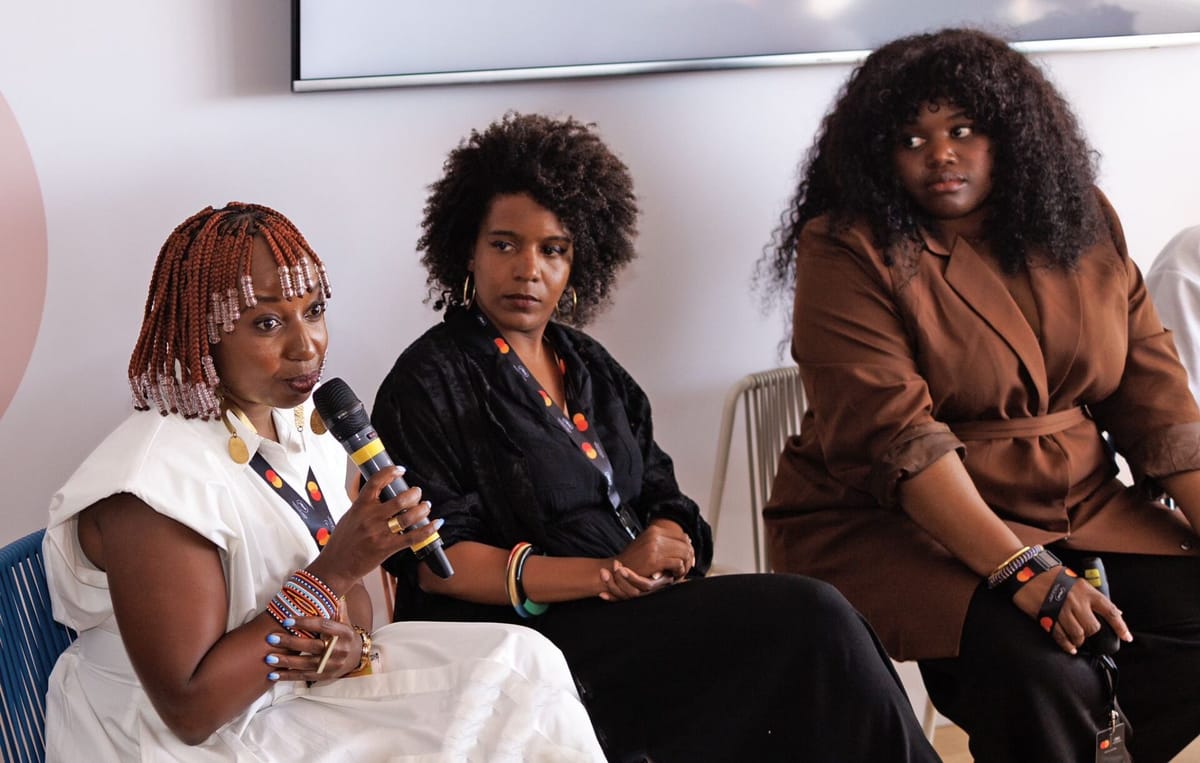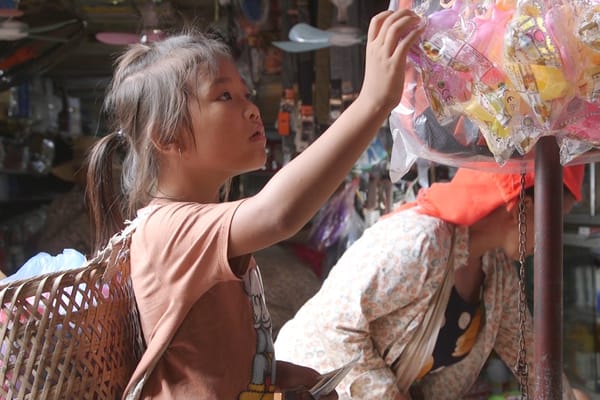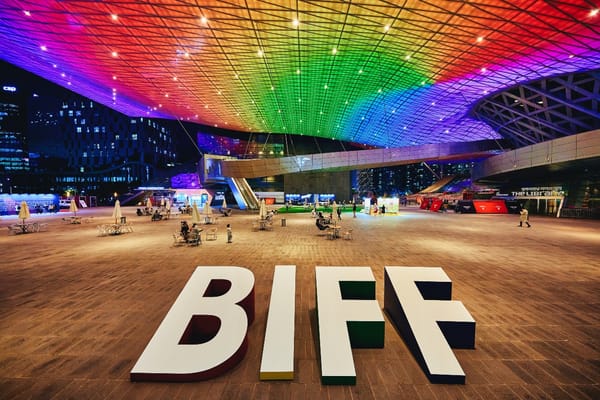Africa Updates: Canal+ Takeover Of MultiChoice; Nigeria Film Fund; Yetu (Un)Limited

When Streamlined was launched two years ago, it came with a promise to cover Africa, swiftly followed by the realisation that a steep learning curve would be necessary before doing justice to the content industries of this huge and complex continent. One thing I’ve learned since launching Streamlined is that the more straightforward something looks on the outside, the more complicated it gets when you lift up the lid. After doing a ton of research and attending several Africa-themed panels in Cannes, I’m having a stab at covering some current African events.
African cinema has of course been gaining more international attention in recent years – this year alone, Mati Diop’s Dahomey won the Golden Bear in Berlin; and Zambian-Welsh filmmaker Rungano Nyoni won best director ex-aequo for On Becoming A Guinea Fowl in Cannes’ Un Certain Regard section; which also premiered Somalian film The Village Next To Paradise.
But outside of festivals, we usually only read about Africa’s film and TV industries when the global streamers are announcing their production plans. And some of those streamers have swept out of Africa as quickly as they swept in – with the continent becoming one of the first casualties of their international cost-cutting. What has been left are two or three players battling it out for domination of a region that is often described as the last frontier in the global film and streaming economy. Of course, the reality is a lot more complicated than that.
Several Africa-themed events took place during Cannes this year – AfroCannes returned with a two-day programme that looked at topics including the global distribution of African content and the influence of hip-hop culture on African filmmaking; Institut Francais dedicated a full day to the continent in the Cinemas du Monde pavilion, which included the launch of pan-African studio Yetu (Un)Limited (more on that below); and the Cannes Marché hosted a panel on Nigerian government support for the film industry, which covered the launch of a new film fund and plans for studios in Lagos (also more below).
First though, an item on what is probably the biggest story in Africa’s film and TV industries right now – the planned takeover of pan-African broadcaster MultiChoice by France’s Canal+.
Canal+ Moves Closer To MultiChoice Takeover
Last week, Africa’s largest pay-TV operator, MultiChoice Group, recommended shareholders accept a buyout offer from France’s Canal+ in a deal that values the company at $2.9bn.
Canal+ is a major player on the African continent – it already has a 35% stake in MultiChoice and operates the mostly French-language Canal+ Afrique satellite platform. In 2019, Canal+ acquired major Nigerian producer Rok Studios and also has stakes in Plan A in Cote d’Ivoire, Zacu Entertainment in Rwanda and Marodi TV in Senegal.
MultiChoice has 22 million subscribers across the continent and dominates in English and Portuguese-speaking sub-Saharan Africa. It owns satellite broadcaster DStv and streaming service Showmax, which is 30% owned by NBCUniversal and a major player in the production of originals in several African languages. Showmax and Canal+ recently co-produced South African series Spinners, about Cape Town teenagers escaping gang life through extreme motorsports, which became the first African series to play in competition at CannesSeries.
With Amazon Prime Video and Disney+ scaling back their African production plans, the streaming wars in sub-Saharan Africa have coalesced into a battle between Netflix and Showmax in English-speaking territories, mostly on the east side of the continent, while Canal+ continues to dominate in French-speaking countries in the west (MBC’s Shahid has the upper hand in Arabic-speaking north Africa). South Africa, where MultiChoice is based, is by far the biggest streaming market on the continent and where competition between Showmax and Netflix is most fierce.
The Canal+ takeover of MultiChoice appears to be driven by an attempt to head off competition in a region where streaming revenue is relatively low and infrastructure poses challenges, but where US players such as Netflix and NBCUniversal are already...
To read the rest of this article, subscribe to the 'Streamlined' newsletter: STREAMLINED




